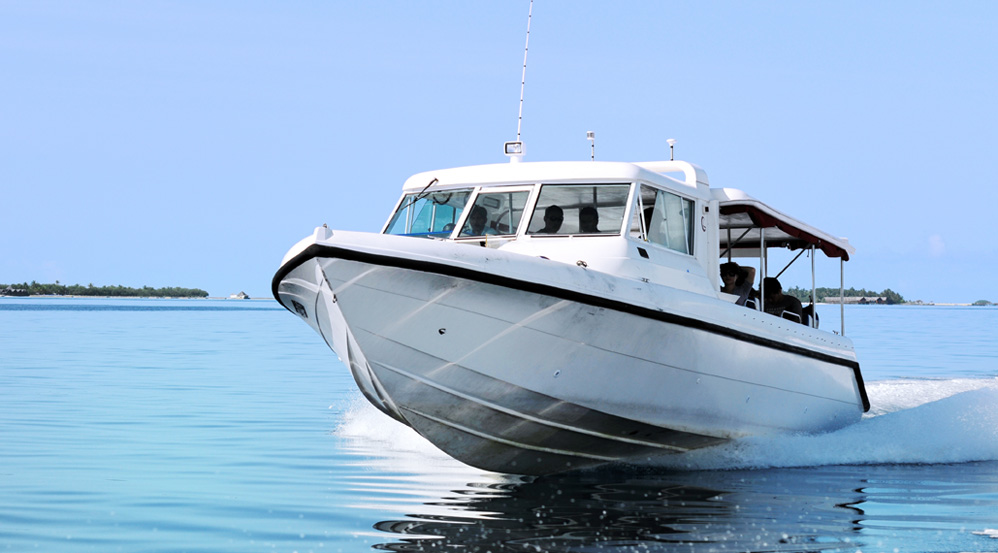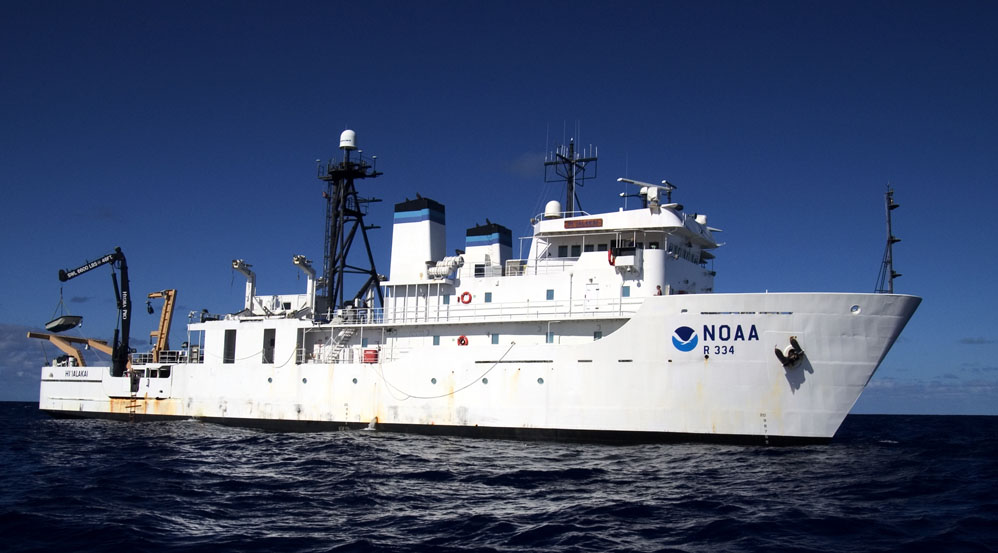- May 24, 2025
- Marine Engines
- How to Maximize Fuel Efficiency for a Marine Engine (Top Tips That Actually Work)
Boost your boat’s fuel economy with these proven marine engine fuel efficiency tips. Learn how to reduce fuel consumption, improve performance, and save money every time you’re on the water.
Introduction
Fuel efficiency isn’t just a buzzword—it’s a big deal when you’re operating a marine engine. Whether you’re a recreational boater, commercial captain, or fishing enthusiast, cutting down on fuel costs can save you thousands each season. The good news? Improving marine engine fuel efficiency doesn’t require drastic changes—just smart habits, regular maintenance, and a few adjustments to your boating setup.

In this blog, we’ll walk you through the best ways to maximize fuel efficiency for marine engines, from choosing the right propeller to trimming your boat correctly. Let’s get started.
1. Keep Your Marine Engine Properly Maintained
Just like with cars, a well-maintained engine burns fuel more efficiently.
Maintenance essentials:
- Change oil and filters regularly
- Replace spark plugs and inspect ignition timing
- Clean or replace air and fuel filters
- Check for fuel leaks and poor connections
Pro Tip: Dirty fuel injectors or a fouled propeller can increase fuel consumption by up to 30%.
2. Use the Right Propeller for Your Boat
Your propeller plays a major role in fuel economy. The wrong pitch or diameter can overwork your engine, leading to excessive fuel burn.
Efficiency tips:
- Ensure your propeller lets the engine operate within its optimal RPM range (check your owner’s manual)
- Avoid damaged or nicked blades
- Consider switching to a four-blade propeller for better mid-range economy if you do a lot of cruising
Pro Tip: A propeller change can improve fuel efficiency by up to 10–15%.
3. Trim Your Boat Properly
Correct trimming reduces drag and gets your boat on plane faster, which saves fuel.
How to trim efficiently:
- Trim down when accelerating from a stop
- Trim up slightly at cruising speed to lift the bow and reduce hull drag
- Use trim tabs to level the boat when unevenly loaded
Pro Tip: Improper trimming can burn more than 20% additional fuel over time.
4. Lighten the Load
Every extra pound your engine has to push increases resistance. A lighter boat equals better mileage.
What to do:
- Remove unused gear, extra water, or outdated supplies
- Use a lighter anchor or rope when conditions allow
- Carry only as much fuel as needed for short trips
Pro Tip: Reducing 500 lbs. of weight can improve fuel efficiency by up to 5%.
5. Optimize Cruising Speed (Find the Sweet Spot)
Running your engine at full throttle is fun—but expensive. Every engine has a “sweet spot” RPM range where fuel economy is maximized.
How to find it:
- Use a fuel flow meter or onboard display if available
- Typically, the most efficient cruise is at 60–80% of maximum RPM
- Avoid repeated wide-open throttle bursts unless necessary
Pro Tip: Running just 5 knots faster can double your fuel consumption depending on hull type.
6. Upgrade to a Fuel-Efficient Engine or System
If your engine is older or underpowered for your hull, you may be burning more fuel than necessary.
Fuel-saving upgrades:
- Repower with a modern 4-stroke or direct-injection 2-stroke engine
- Consider high-efficiency diesel engines for long-range boats
- Hybrid marine propulsion systems are gaining popularity for low-speed cruising and harbor use
7. Use Quality Fuel and Fuel Additives
Poor-quality fuel reduces combustion efficiency. Water in fuel tanks or microbial growth also contribute to wasted fuel and clogged filters.
Tips:
- Buy fuel from reputable marinas
- Use marine fuel additives to clean injectors and stabilize fuel
- Keep your fuel tank topped off to reduce condensation

Final Thoughts: Smarter Boating, Better Fuel Economy
Maximizing marine engine fuel efficiency isn’t about cutting corners—it’s about boating smarter. With proper maintenance, the right propeller, and efficient operating habits, you can reduce fuel costs, minimize wear on your engine, and spend more time on the water without breaking the bank.
Remember, every gallon saved is money in your pocket—and fewer emissions in the ocean.
Want personalized fuel efficiency advice for your boat?
Message us with your boat model and engine type. We’ll help you fine-tune your setup for max savings and performance.
